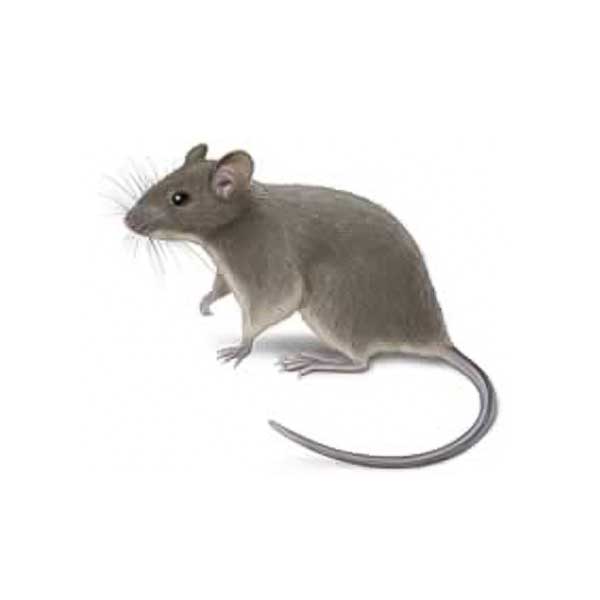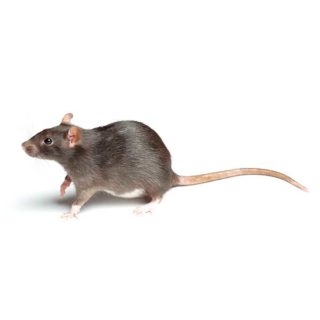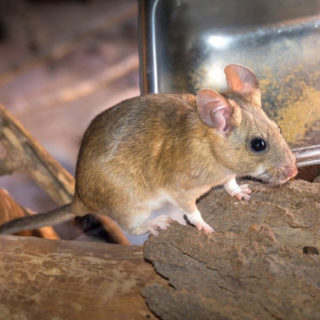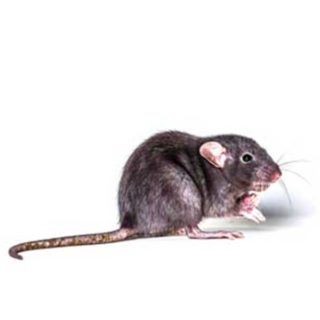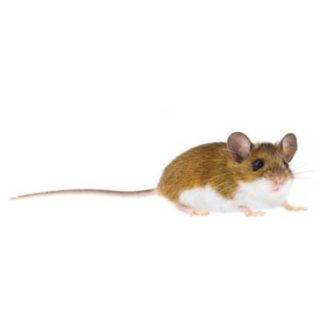House Mice in Kailua Kona
The house mouse is the most common rodent pest found in homes across the United States. They are commensal rodents, meaning they are typically found living in close proximity to humans, relying on human habitats for both shelter and food. Thriving and active year-round, house mice can be found in homes, commercial buildings, open fields, and agricultural lands. While foraging for food, house mice will drop feces and urine along the way, contaminating surfaces and food meant for humans and pets, potentially transmitting diseases like salmonella causing food poisoning. Additionally, they can cause substantial damage to buildings by chewing through walls and wires.
House Mouse Habitat
House mice create nests in fields and underneath trees and shrubs when living outdoors. Indoors, they choose quiet and undisturbed spaces like wall voids, kitchen cabinets, attics, and garages to build their nests. Finding droppings, fresh gnaw marks, and tracks or rub marks are common signs of mouse activity. Their nests are typically found in sheltered locations and are made from finely shredded paper or other fibrous materials they can find. They emit a distinctive musky odor that can often indicate a mouse infestation. While most active at night, mice can occasionally be found during daylight hours.
House Mouse Behaviors, Threats, or Dangers
Although they are omnivorous, house mice prefer to eat grains and cereals. They are known for contaminating food and can transmit diseases like salmonella and bubonic plague. A house mouse can cause significant structural damage to homes by gnawing and tunneling through walls and have been implicated in incidents that lead to fires and explosions in homes and buildings. They will chew on wires inside walls, which can spark and ignite interior walls.
If you have a house mouse infestation in your Kailua Kona property, always contact a licensed rodent control company.
Need help with House Mouse control?
Need Pest Control Service?
Leave your information below and we’ll be in touch with a FREE quote!
"*" indicates required fields
*During normal business hours. After hours calls will be returned the next business day.

